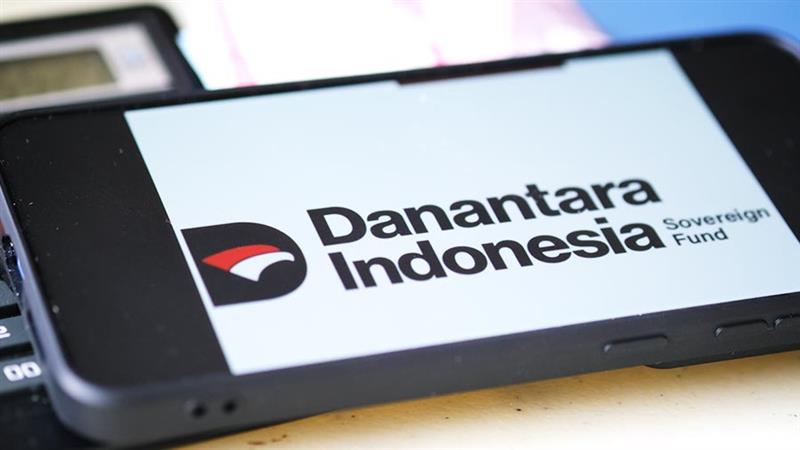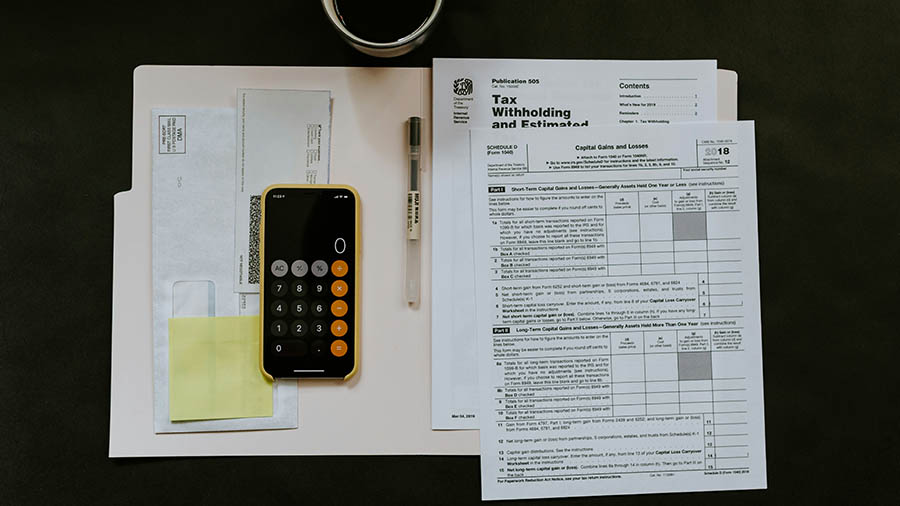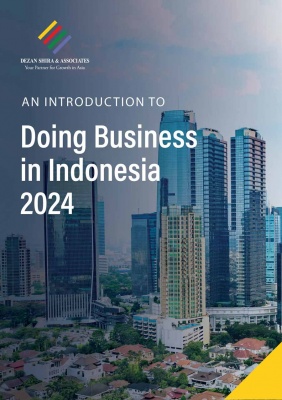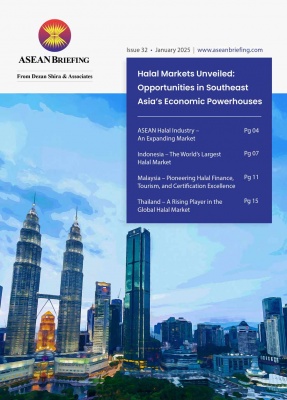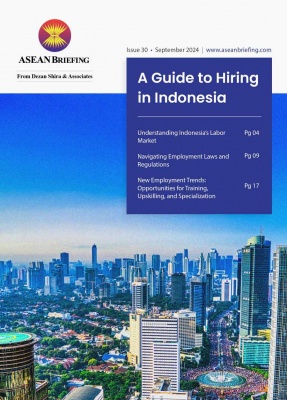Letters of Credit Required for Indonesia Commodities Exporters
 A Rule from Indonesia’s Trade Ministry requires commodity exporters to use letters of credit (L/C) in overseas shipments from April 1, 2015. The new rule will effect coal, oil and gas, palm and palm-kernel oil, and minerals including tin. According to the Ministry, these commodities together accounted for over 41 percent of Indonesia’s exports from 2009 to 2013, averaging $US71 billion per year.
A Rule from Indonesia’s Trade Ministry requires commodity exporters to use letters of credit (L/C) in overseas shipments from April 1, 2015. The new rule will effect coal, oil and gas, palm and palm-kernel oil, and minerals including tin. According to the Ministry, these commodities together accounted for over 41 percent of Indonesia’s exports from 2009 to 2013, averaging $US71 billion per year.
A letter of credit is a bank-issued document guaranteeing that payment will be received by a seller so long as delivery conditions have been met. A 2009 policy requiring L/C for international trade activities was lifted in 2010.
Trade Minister Rachmat Gobel said on January 14, 2015 that the letters of credit are intended to help gather accurate records on the sale of Indonesia’s natural resources and overall foreign exchange. Without the L/C, the transaction would not be permitted to be executed. The L/C issuer would be a local bank and prices in the letters of credit would be the actual transaction value.
Finance Ministry Customs and Excise Revenue and Regulations Director Susiwijono Moegiarso has said the mandatory use of L/C by local banks will support Bank Indonesia (BI) in managing the flow of foreign currencies. Since 2011, in an effort to support the rupiah, BI has required that Indonesian exporters keep dollar-based revenue in onshore banks for 90 days after receiving payment and report such transactions. BI’s latest data has shown that at least 20 percent of Indonesia’s exporters have not complied with this requirement, a situation Susiwijono expects to be addressed by the latest regulation.
![]() RELATED: Indonesia-Malaysia Financial Agreement a Model for Bilateralism
RELATED: Indonesia-Malaysia Financial Agreement a Model for Bilateralism
Issuance of a letter of credit may effect import and export procedures in Indonesia, including compliance requirements in product certification, labeling, and packaging. With the exception of certain bulk items, letters of credit numbers, and relevant invoice dates must be indicated when labeling products. The use of a letter of credit payment also effects the number of documents required to submit during commercial invoicing procedures.
For a tailored report on investing in ASEAN, please contact Asia Briefing at: editor@asiabriefing.com
|
Asia Briefing Ltd. is a subsidiary of Dezan Shira & Associates. Dezan Shira is a specialist foreign direct investment practice, providing corporate establishment, business advisory, tax advisory and compliance, accounting, payroll, due diligence and financial review services to multinationals investing in China, Hong Kong, India, Vietnam, Singapore and the rest of ASEAN. For further information, please email asean@dezshira.com or visit www.dezshira.com. Stay up to date with the latest business and investment trends in Asia by subscribing to our complimentary update service featuring news, commentary and regulatory insight. |
 Tax, Accounting, and Audit in Vietnam 2014-2015
Tax, Accounting, and Audit in Vietnam 2014-2015
The first edition of Tax, Accounting, and Audit in Vietnam, published in 2014, offers a comprehensive overview of the major taxes foreign investors are likely to encounter when establishing or operating a business in Vietnam, as well as other tax-relevant obligations. This concise, detailed, yet pragmatic guide is ideal for CFOs, compliance officers and heads of accounting who need to be able to navigate the complex tax and accounting landscape in Vietnam in order to effectively manage and strategically plan their Vietnam operations.
 An Introduction to Tax Treaties Throughout Asia
An Introduction to Tax Treaties Throughout Asia
In this issue of Asia Briefing Magazine, we take a look at the various types of trade and tax treaties that exist between Asian nations. These include bilateral investment treaties, double tax treaties and free trade agreements – all of which directly affect businesses operating in Asia.
 The 2014 Asia Tax Comparator
The 2014 Asia Tax Comparator
In this issue of Asia Briefing Magazine, we examine the different tax rates in 13 Asian jurisdictions – the 10 countries of ASEAN, plus China, India and Hong Kong. We examine the on-the-ground tax rates that each of these countries levy, including corporate income tax, individual income tax, indirect tax and withholding tax. We also examine residency triggers, as well as available tax incentives for the foreign investor and important compliance issues.
- Previous Article ASEAN Exchanges: Myanmar Integrates Further
- Next Article Indonesia Looks to Foreign Investment to Boost Economy
